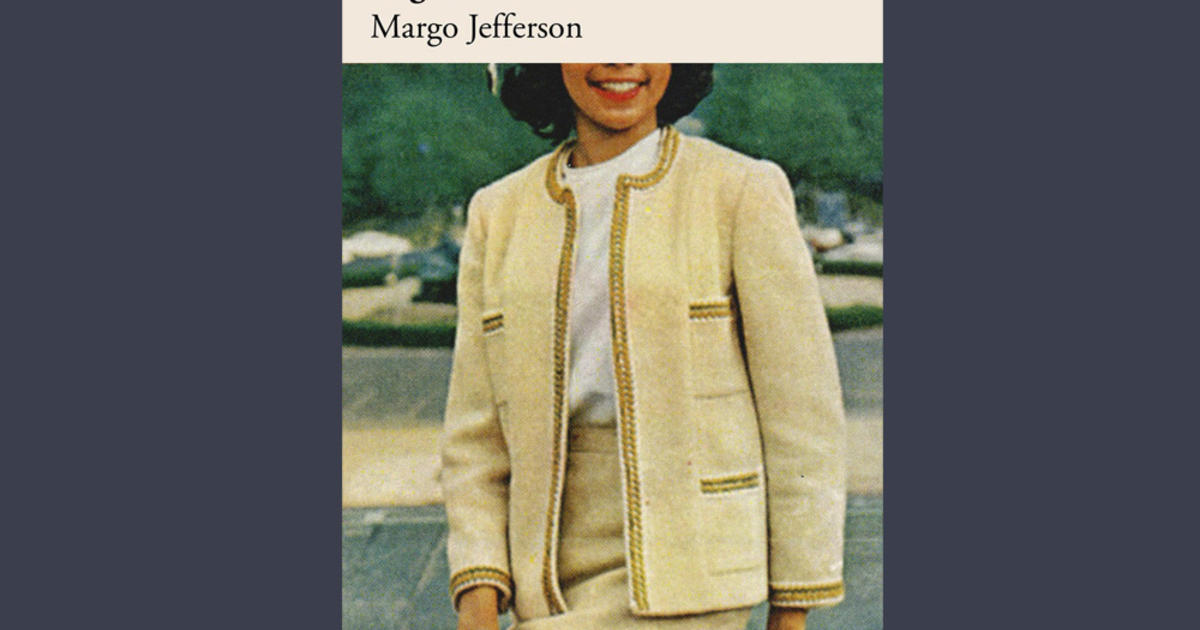
Generations of unending work, of study, of investment in the self and in property and businesses, learning how to appear cultured and learning how to teach other black people how to be the same. Jefferson writes about being part of a society, a part of affluent America, where identity and public perception is even more important than elsewhere, because the educational, financial and – eventually – political capital gained by the other people in her circles was far more tenuous than the same capital gained by white people. Black people had to work harder to succeed, and with gradual success came pressure to make sure that success wasn’t lost.

“Negroland” is the term that Jefferson uses to describe her background (class and race), and she details how this social strata exists, and slowly came to exist (following the Emancipation Proclamation), across the USA. In Jefferson’s childhood suburban life surrounded by doctors, lawyers, academics, judges and successful businesspeople, race was never forgotten, and the need for propriety, for prosperity, for dignity and for good marriages was paramount, because this privilege was hard-won, and those who possessed it were terrified it would be taken away. In a rarity for a piece of American life writing, I suppose, class is as central and as significant to the narrative as race, because Jefferson (born in the late 40s and a journalist and academic by career) is not just writing about her life as a successful black woman, but she is writing about her life as a successful black woman who grew up with huge expectations of success, living in a part of society that boasted an ostensibly high level of privilege, but one that was constantly fought for.

Margo Jefferson’s Negroland: A Memoir is a 2015 American book all about life as a middle class African American.


 0 kommentar(er)
0 kommentar(er)
